The Buddhist haven for Vietnamese workers in Japan
Japan is reliant on Vietnamese workers, but many have failed to find a home there. One Buddhist nun is trying to help those falling through the cracks, report Julia Mio Inuma and Michelle Ye Hee Lee
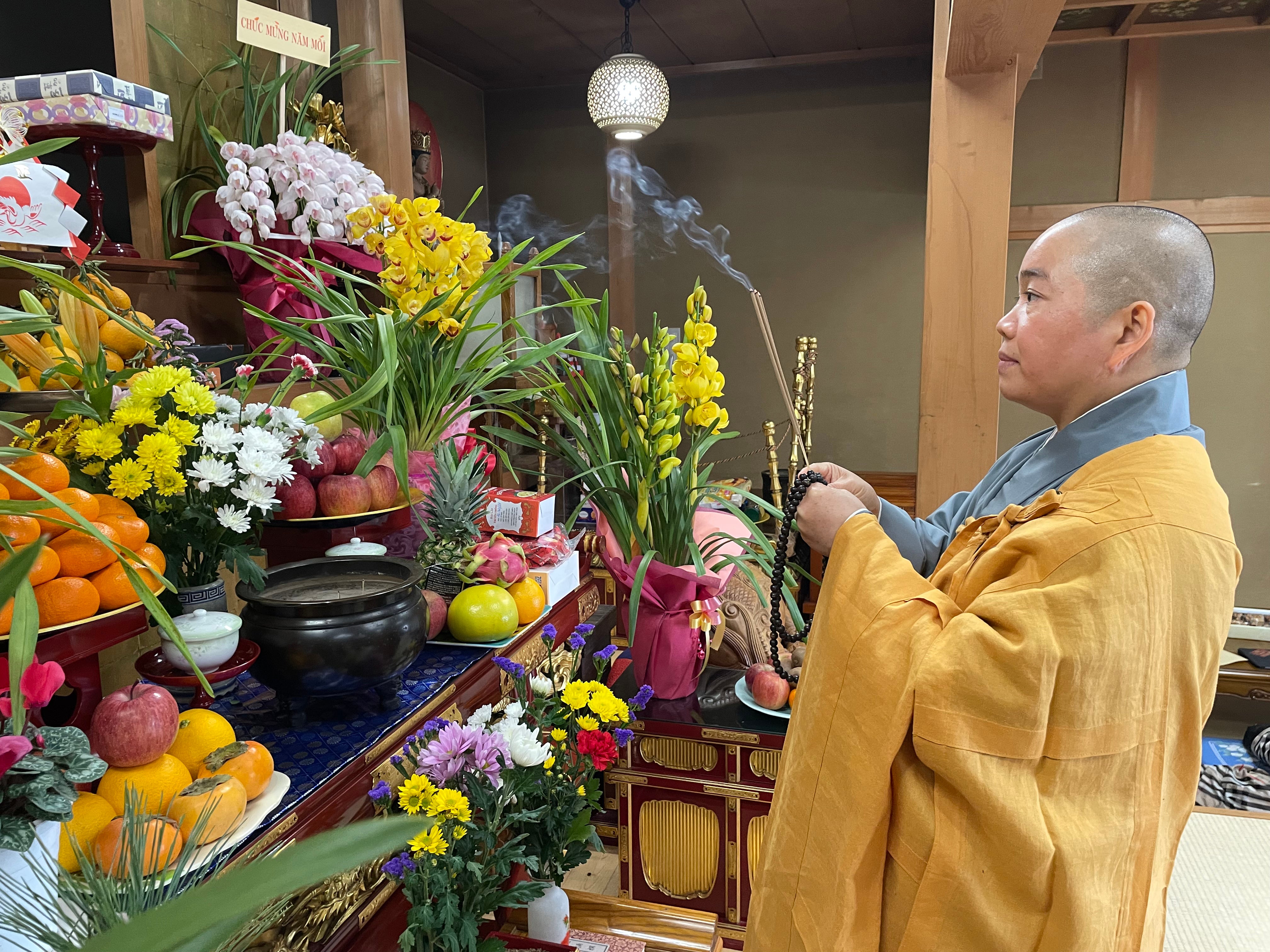
In a dimly lit corner next to the altar at Daionji are rows of wooden blocks that bear the names of Vietnamese migrants who have recently died, along with their dates of birth and death, their ages, and their holy names presented to Buddha.
These mortuary tablets represent people who migrated from Vietnam to Japan with the promise of a job or education. But each died alone, often after becoming homeless, jobless or a runaway. They had no loved ones to care for their remains - except one Vietnamese nun: Thich Tam Tri.
The 43-year-old’s temple is a one-stop shop for Vietnamese migrants who have struggled to find a home in Japan, and fills a gaping hole in the social safety net of the world's third-largest economy. The Vietnamese community has grown tenfold in the past decade and makes up the largest share of foreign workers in the country, but these migrants remain overlooked by a government that relies on their labour and are often exploited by the companies that hire them.
“As a nun, my efforts aren’t based on a political motive or wanting to criticise a system, but simply from a humanitarian perspective,” Tri says. “If there is someone in front of me who needs help, it is natural that I want to help them, and I am happy to. Our temple has no gates, and the door is open to everyone 24/7.”
The coronavirus pandemic has exacerbated the isolation of these workers, and to meet the overwhelming need, Tri opened a new location in November. Since April 2020, she has delivered more than 60,000 food and aid packages to Vietnamese residents struggling in the pandemic.
Japan’s workforce is shrinking as the population ages, forcing the country to dramatically expand on what was once unthinkable in a largely homogenous society where foreigners make up about 2 per cent of the population – migrant workers. Among the key programmes is the Technical Intern Training Programme, mainly for manufacturing, agricultural and fishery jobs in rural areas.
The programme has come under fire in recent weeks after a viral video surfaced of a Vietnamese worker apparently being beaten by Japanese co-workers
These jobs are vital to the country’s economy but are unattractive to younger Japanese who increasingly flock to large cities for higher-paying jobs.
Yet for the past decade, there have been concerns about the programme's employment practices and about regulatory loopholes that haven’t been fully addressed. The programme, originally designed to transfer technical skills to workers from developing countries, has been named repeatedly in the US State Department’s annual human-trafficking report, which cited concerns about forced-labour practices and poor living and working conditions.
“The Technical Intern Training Programme isn’t getting worse but simply has been bad throughout the 30 years the programme has been in place,” says Shoichi Ibusuki, a Tokyo-based human rights lawyer and longtime advocate for foreign workers in Japan. “There have been some measures implemented that have led to minor changes, but there are always loopholes around it, because fundamentally the system has not been changed.”
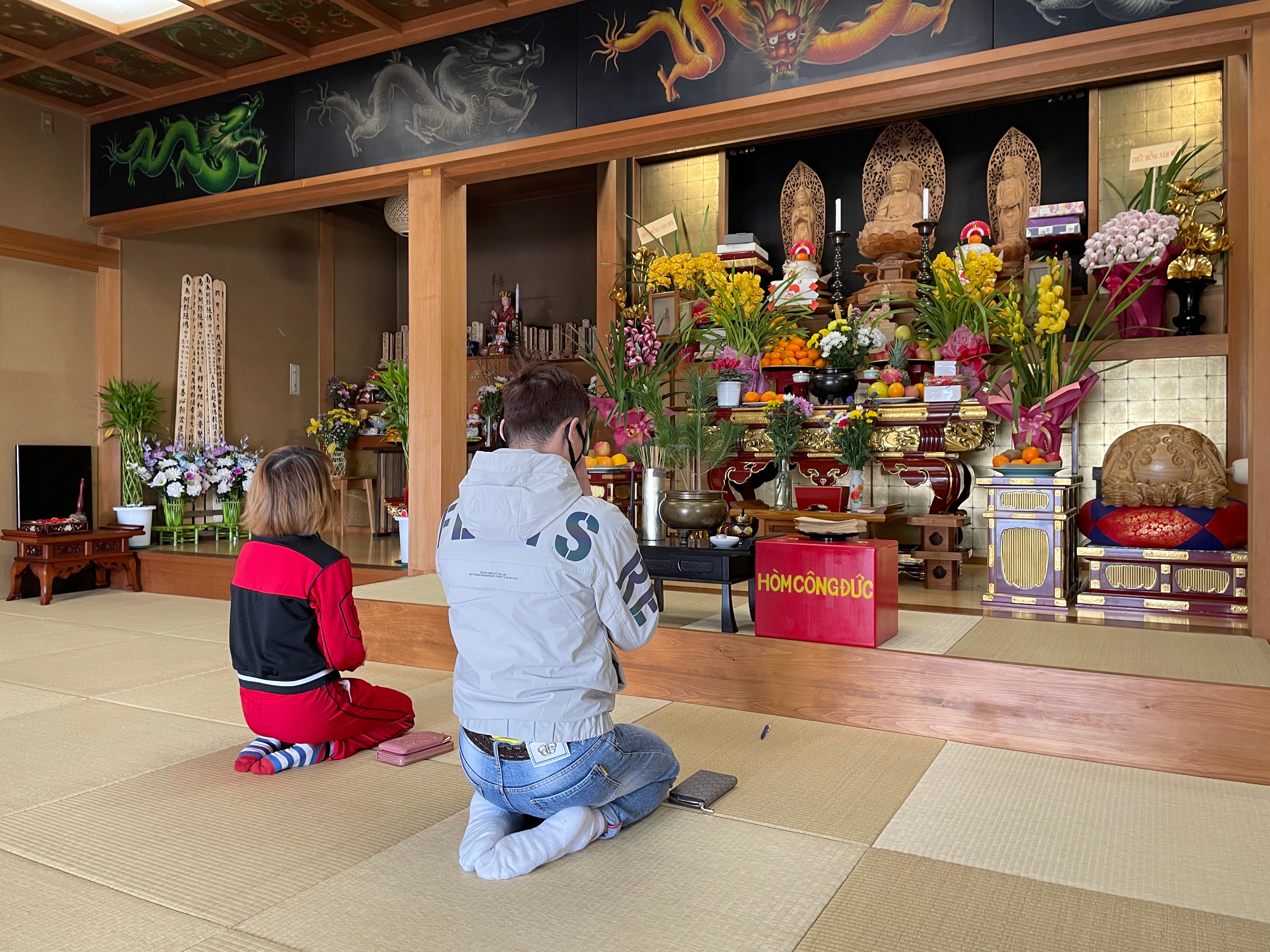
Vietnamese made up a quarter of Japan’s 1.7 million foreign workers as of October 2020. They account for about 57 per cent of the 354,104 workers in the intern programme.
It has come under fire in recent weeks after a viral video surfaced of a Vietnamese worker apparently being beaten by Japanese co-workers. In the clip, released by the labour union representing the worker, the person filming can be heard laughing.
In January, Japanese justice minister Yoshihisa Furukawa ordered an investigation of the case and a full review of the programme in response to the recent criticisms. Ibusuki said he hopes the review provides momentum for lasting change.
“I hope that real changes will take place where foreign workers’ human rights are being prioritised, and it won’t be some new programme presented in disguise,” he says.
‘I want to warmly help them’
Tri, the daughter of a single mother, followed a monastic life as a child growing up in the central Vietnamese village of Gia Lai before moving to Japan in about 2000 to study Buddhism. But the devastating 2011 triple disaster of an earthquake, tsunami and nuclear power plant meltdown inspired her to take up a life of community service.
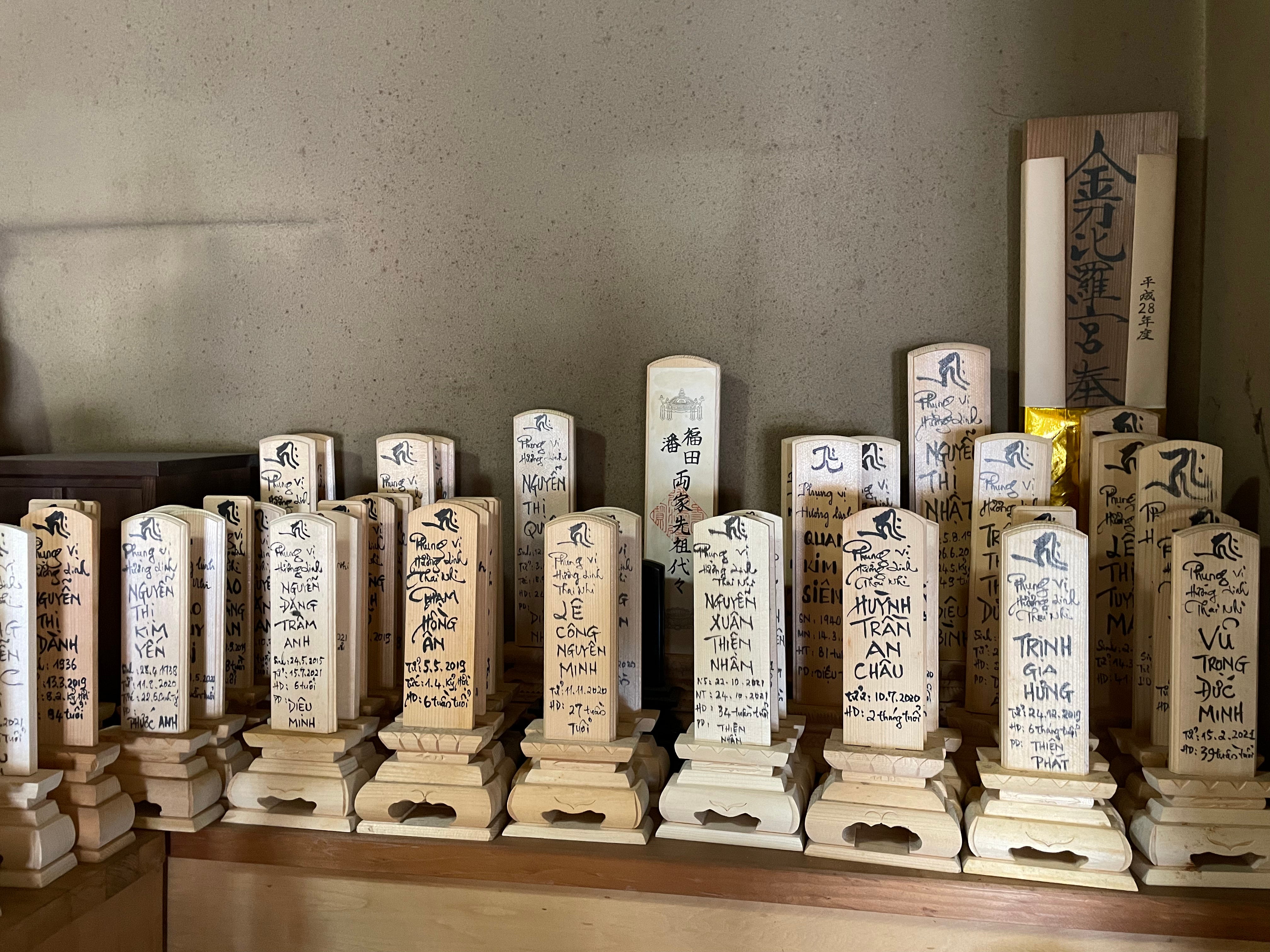
Over the years, the Vietnamese embassy, Vietnamese airlines and members of the 440,000-strong community have all leaned on her for support.
Her phone rarely stops ringing and dinging with calls, texts, emails and Facebook messages from those seeking her help. Tri, who speaks impeccable Japanese, helps migrants sort through language and cultural barriers.
She negotiates workers’ hospital bills, which are expensive because the migrants don’t have company insurance. When companies confiscate workers’ passports, she helps them report them as lost to obtain new ones. She arranges free rides to the airport for those returning home.
And with the pandemic, she has only become busier, helping those who have lost or fled their jobs, are unable to navigate border and immigration rules, or are struggling to afford masks. She has housed dozens of workers at her temple when they were unable to return to Vietnam.
“As a Vietnamese, I want to help fellow Vietnamese people in Japan. If I don’t help them, they will be undocumented and be in difficult situations, and with people out there like that, I can't be happy myself,” Tri says.
Throughout the day, Vietnamese students and nearby Japanese residents come in to pray at the altar and talk with her and her staff. Daionji, which means “Temple of Great Grace and Gratitude”, sits at the top of a road that winds around houses and farm fields in Saitama prefecture, north of Tokyo. The temple is perpetually cold in the winter, so each nun wears at least three layers of clothes even with the space heater on.
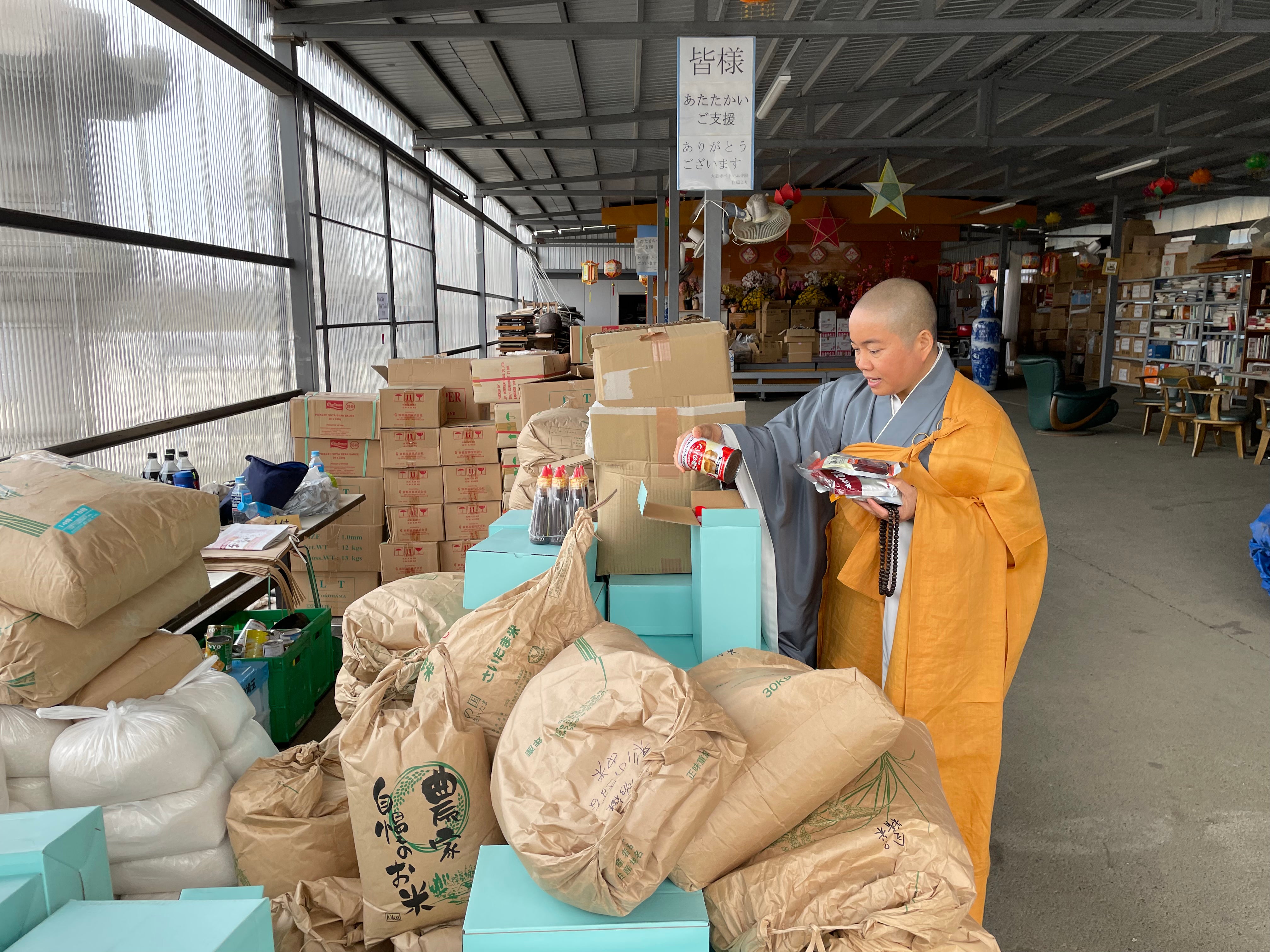
Tri is especially mindful of giving the deceased a proper, love-filled goodbye. She works with police to identify the bodies of Vietnamese who have died alone, and arranges their funerals, cremations and the transport of their ashes back to their families in Vietnam.
“I am where I am today thanks to my experience and learnings in Japan, so I really love Japan,” she says. “I want to warmly help them in their last journey in Japan, so that they can let go of their resentment and return to Vietnam with a more positive feeling.”
Systemic shortfalls
Dang Tung Lam, 28, arrived in Japan in 2017 to work at a manufacturing company in Fukuoka, in the country’s southwest. He dreamed of working hard in the three-year intern programme, saving money, learning Japanese and moving back to Vietnam to work for a Japanese company for higher pay.
But in reality, Lam lasted just four months. He earned about $863 a month - part of which he sent home to support his family - while being bullied daily by Japanese colleagues and his bosses, he says. The company took away his passport and he couldn’t leave the country. He fled and moved between part-time cleaning and manual labour jobs as an undocumented worker.
“If it’s just demanding labour, Vietnamese can persevere... but it’s the bullying that we can’t tolerate,” he says.
It became harder for Lam to find a job in the pandemic, so last year, he turned to Daionji. There, he obtained a visa to stay in Japan, a new job, and a new passport so he can one day go home and pursue his dream of opening a Japanese restaurant.
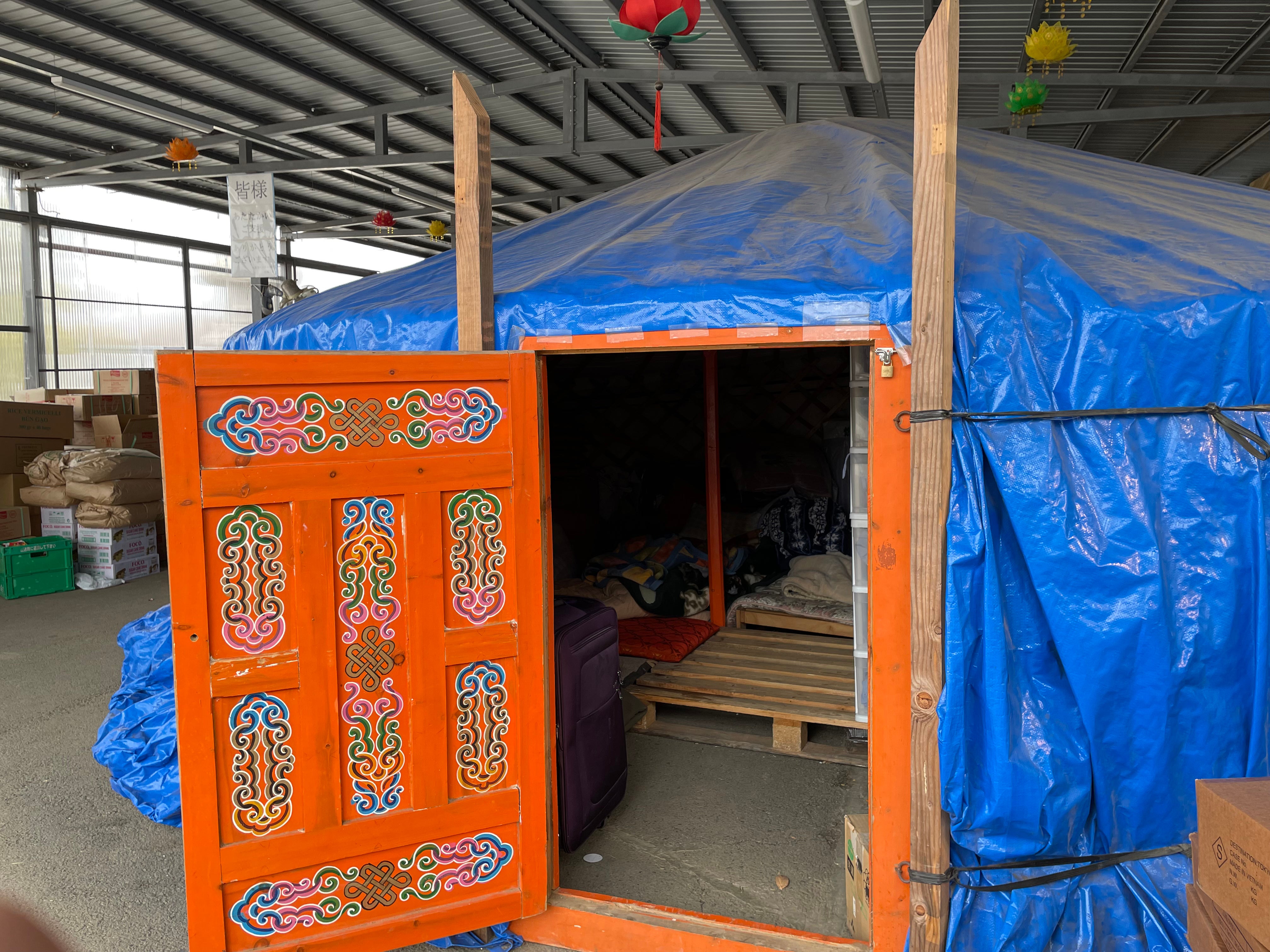
Many workers like Lam are caught in a financial and legal bind when they arrive in Japan. They are often in debt because they had to pay brokers in Vietnam, and their passports and cellphones are frequently taken away, advocates say. Under programme requirements, they must maintain the same job for three to five years and can’t switch to a new company even if they face harassment or illegal working conditions.
Of the 8,124 companies that hired foreign interns, 70.8 per cent were found to have labour law violations, including over safety concerns, payment problems and working hours, according to a 2020 inspection report by the Health, Labour and Welfare Ministry.
The companies are overseen by a government agency, the Organisation for Technical Intern Training, but the problem is that the workers are hired by unregulated vendor companies, says Yoshihisa Saito, an associate professor at Kobe University and longtime advocate for foreign workers in Japan.
The agency declined to answer questions, but a representative pointed to a 591-page manual stating that it conducts annual investigations of registered companies and that violations can lead to a company being suspended, shut down or fined.
Yet without strong language skills, trainees struggle to ask for help - or just don’t for fear of repercussions, Saito says. For example, two Vietnamese trainees are facing charges of abandoning the corpses of their newborns after giving birth. Both women say they were afraid they would lose their jobs in the programme if their company found out they had been pregnant.
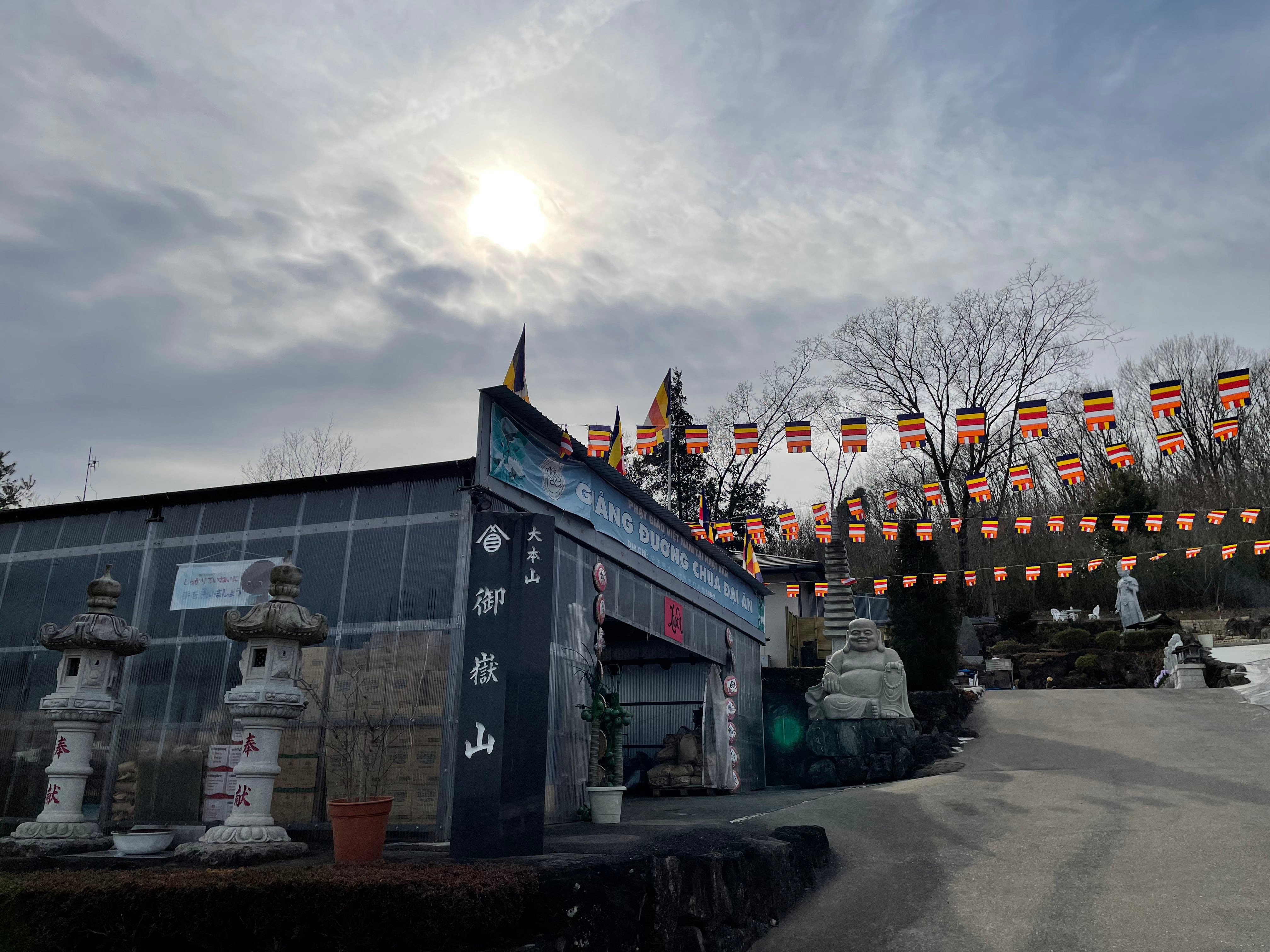
“Systematically, proper education and screening really needs to be put in place, as well as a safe way for trainees to seek help,” Saito says.
In the meantime, Daionji has provided a rare safety net, he adds.
Tri, the nun, has helped tens of thousands of people over the years, but some stories stick with her because she feels she couldn’t do enough.
One was a former intern with two children back in Vietnam who had fled her job and was working part-time as an undocumented worker. During the pandemic, she became worried about becoming sick, and she wanted to return home to her children. Tri arranged for a car to pick her up from the temple. Two days before her scheduled pickup, the woman was struck by a car and died.
Tri retrieved her body and arranged her funeral. As she collected the woman's belongings, she found a diary. In it were page upon page of prayers for her children.
“I felt really regretful that maybe things would have been different if I had been able to help her earlier,” Tri says.
The isolation often experienced by Vietnamese in Japan results from the culture clash of being an outsider in a deeply monocultural society, Tri says. She hopes her efforts inspire Japanese citizens to help create a society where foreigners - who are crucial to the country's economy - are embraced.
“Since Japan’s population is ageing and there aren’t enough young workers, Japan has no choice but to rely on foreign workers,” she says. “Foreign interns can make a huge contribution to Japanese society in the long run, so I want them to be cherished.”
Join our commenting forum
Join thought-provoking conversations, follow other Independent readers and see their replies
Comments



Bookmark popover
Removed from bookmarks